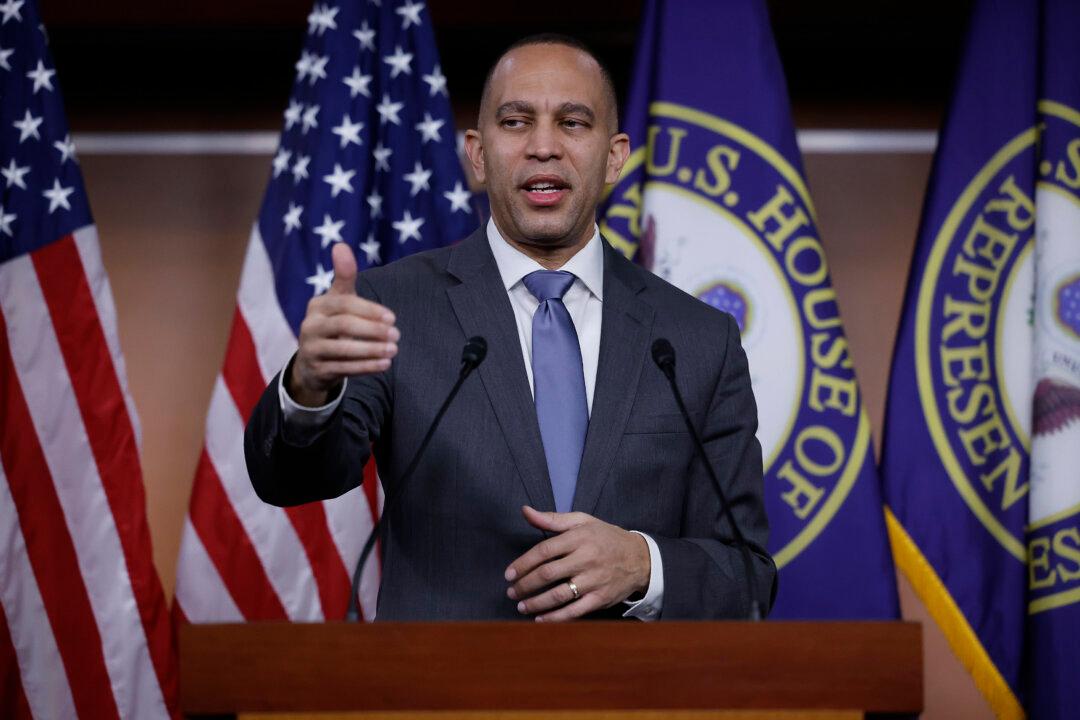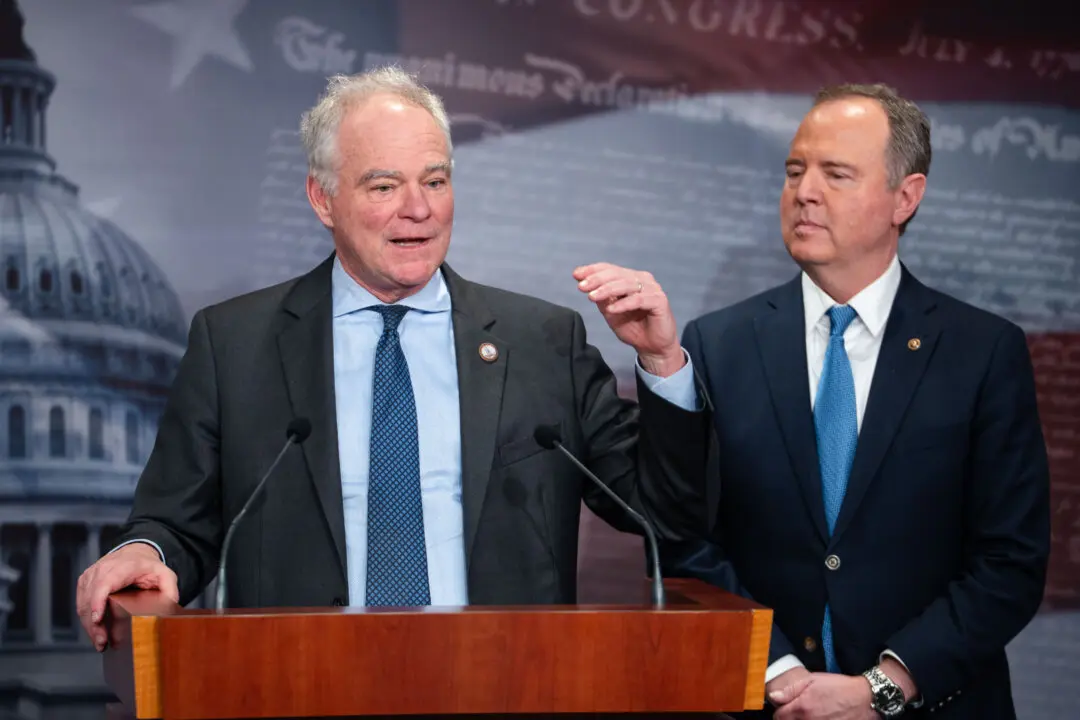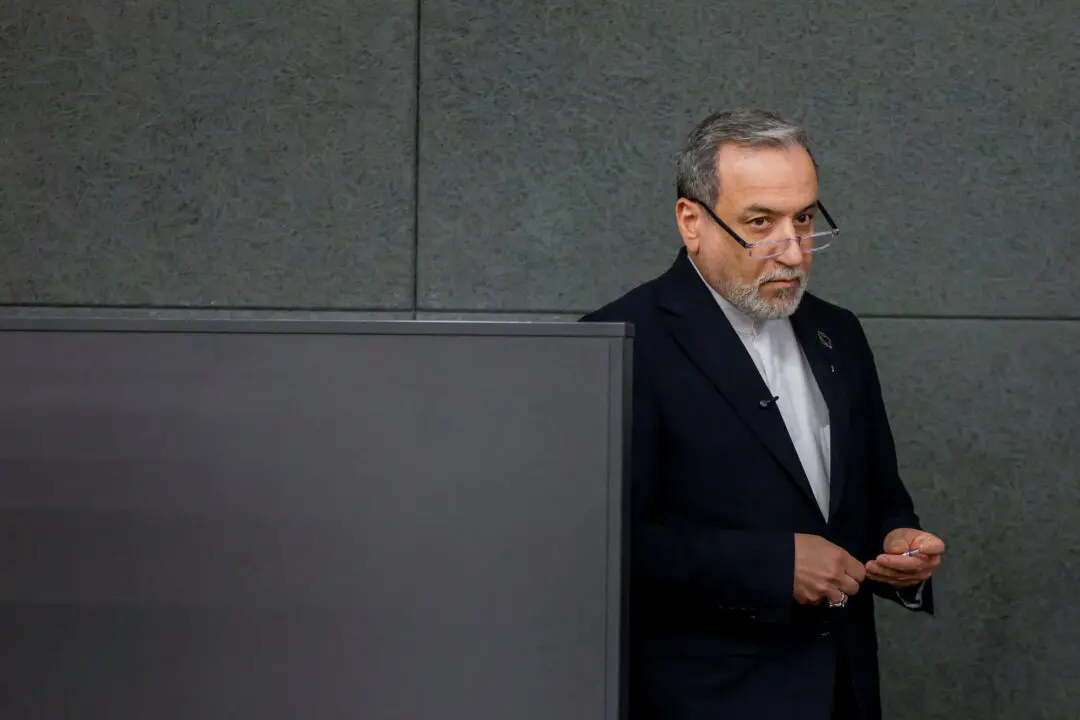A growing number of Congressional Democrats are signaling their apprehensions about border and immigration policies included in a broader $118 billion supplemental spending bill covering various unrelated topics.
Democratic leadership in Congress has spoken favorably of the border and immigration proposals reached by bipartisan Senate negotiators. They have accused Republicans who criticized the deal of taking a “hard-right” and “extreme” position for demanding stricter limits on immigration. However, some Democrats argue that the border security bill limits immigration too much.





